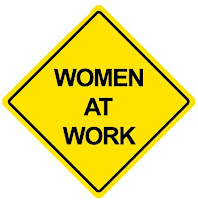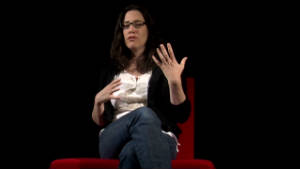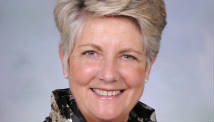By Nicole Carcel and Michele Gottlieb
It’s just another Sunday night in as three young, educated women sit and contemplate their career futures. As the conversation gets heated and inquiries posed, our pondering seems to revolve around the same question: why do men still seem to dominate the workforce despite equal rights?
Here’s a test to further exemplify our point: who comes to mind when asked to name a top fashion designer? Filmmaker? Politician? Chef? Most, if not all responses were more likely than not a man, even in industries that have become notorious by centuries of predisposed expectations to be solely for females, such as cooking and fashion, have become male dominated. So what, we wonder, is the reason for this imbalance? If we live in a modern world where women outnumber men and equal rights have long been in fruition, what is the reasoning behind the thought process that inflicts us all? Why are so many of us conditioned to believe that men are still the domineering sex when it comes to the working force?
And even when you can find an industry where women hold dominance, such as modeling, the women are merely objectified as sex icons to sell products…back to women! The goals of which are to make women feel inadequate in sex appeal, focusing on the low psychological esteem of women everywhere. Now, we have to wonder if this male-dominated mindset is a genuine reality or merely just the way we’ve all been predisposed to think in modern society. Are we all conditioned to think that men are the best in all industries, or at least the forerunners as industry leaders because they really are quality producers? Or have we all been targeted as marketing subjects to believe so?
Furthering our perplexity are the recent statistics depicting the shift in balance within the workforce. In a surprising article entitled The End of Men, posted by The Atlantic, the percentage of women vs. men actually holding down careers has shifted.
Earlier this year, women became the majority of the workforce for the first time in U.S. history. Most managers are now women too. And for every two men who get a college degree this year, three women will do the same. For years, women’s progress has been cast as a struggle for equality. But what if equality isn’t the end point? What if modern, postindustrial society is simply better suited to women? A report on the unprecedented role reversal now under way— and its vast cultural consequences.
http://www.theatlantic.com/magazine/archive/2010/07/the-end-of-men/8135/
The statistics described in the article indicate that women have made tremendous leaps and bounds and are, in reality, capable of achieving just as much if not more as any male counterpart. It seems the answer to our questions lies in the simple truth that men or women alike, we are all literal industry heads in our, well, heads. Our individual selves, regardless of sex, are capable of achieving anything and everything, and also believing anything and everything we may be conditioned to believe.
Are men really the industry leaders or are we just taught to think so? We pose this question to you to ponder on your own accord, using your own mental capacity, essentially internalizing your role in society’s makeshift tier of power. Is there really a glass ceiling or is it just a figment of all of our intertwined imaginations? That’s for you to decide.




